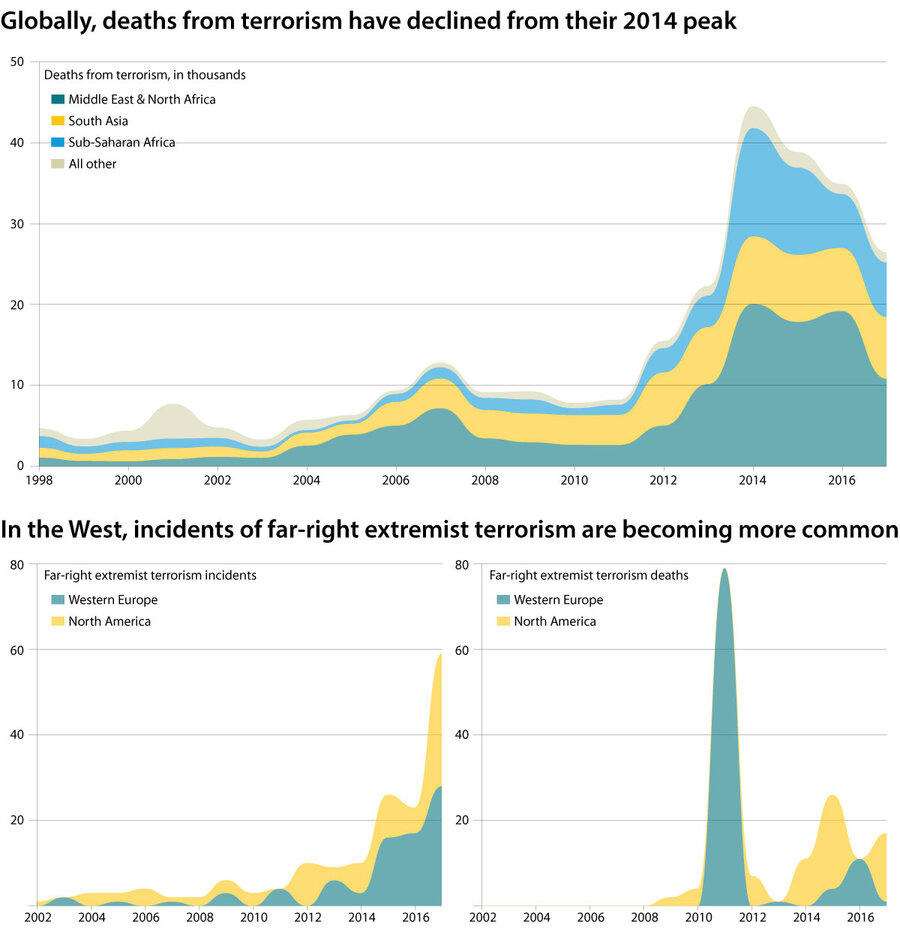Where Islamist terrorism is seen as a global phenomenon, that has not been the case for white supremacist terror, which has been viewed more regionally. The Christchurch mosque attacks may have changed that.
Monitor Daily Podcast
- Follow us:
- Apple Podcasts
- Spotify
- RSS Feed
- Download
 Peter Grier
Peter Grier
Thirty-two years ago this spring I covered almost every day of the Iran-Contra hearings for the Monitor. It was a fascinating story, featuring clandestine cash flows, mysterious foreign characters, and documents smuggled out of the White House inside a secretary’s clothing.
But in the end, the hearings seemed unsatisfying. They did document that the Reagan administration had secretly sold arms to Iran and funneled profits to Nicaraguan contra rebels, defying Congress. But they never established what the president knew and when he knew it or who was responsible for approving the whole thing at all.
The lesson I learned? Scandals aren’t cinematic. Watergate, with its clear narrative arc, was the exception. Sometimes Washington doesn’t fit into a screenwriter framework. Conclusions aren’t conclusive. Things don’t always turn out the way you expect.
That brings us to special counsel Robert Mueller’s Russia investigation and his long-awaited report, which he submitted Friday evening to the attorney general. As with Iran-Contra, we’ve already learned lots of details, from Trump Tower meetings with Russians to code names used by Russian hackers.
But meaning remains opaque. As reporter Scott Shane points out in The New York Times, we don’t yet know how much we don’t know. Did we know 90 percent or 20 percent of what Mr. Mueller’s found out? Who will see it? Will it be a bombshell, a nothing burger, or a cliché between those two?
“Nobody knows anything,” screenwriter William Goldman famously once wrote. He meant about Hollywood. Today it applies to Washington as well. Mr. Mueller’s final work will appear soon. Once it becomes public we can begin to sort through and comment on his work.
Now for our five stories of the day.











